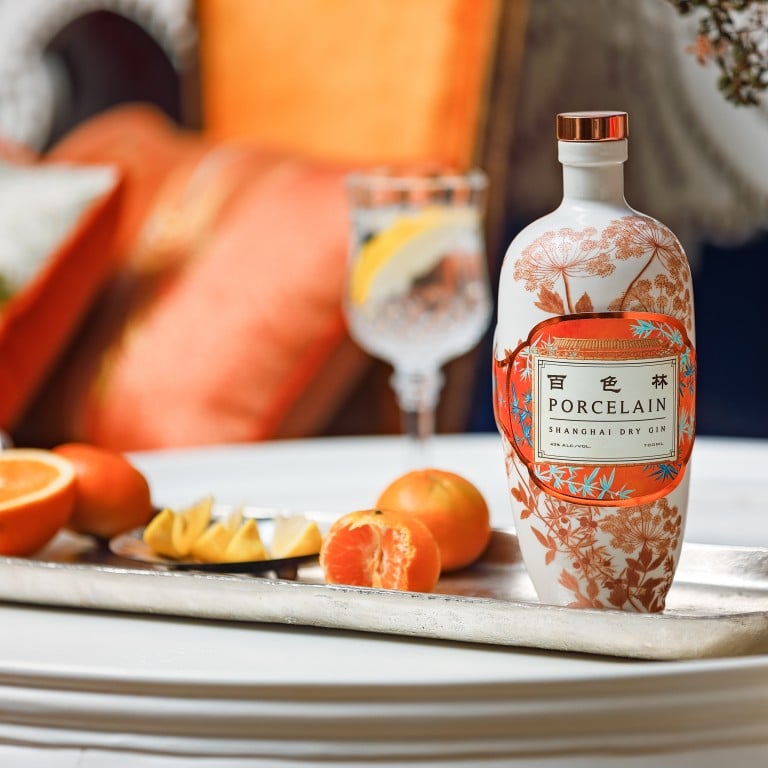Why will China drink, and create, more gin in 2021? Chinese gin distilleries are copping London Dry Gin guidelines and winning at the San Francisco World Spirits Competition

- As China recovers from Covid-19, its cocktail enthusiasts are sipping on craft gin brands
- Regional gin distilleries like Porcelain Shanghai Dry Gin and Peddlers Gin incorporate regional ingredients like Mongolian juniper berries and Sichuan peppers
Global gin consumption, driven in part by Chinese interest, has been growing faster than that of any other alcoholic drink category since 2018. China’s alcohol market statistics indicate that revenue generated in the gin segment amounted to US$70 million in 2019, and that the Chinese gin market is expected to grow annually by 2.5 per cent from 2021 onwards.
8 wine trends for 2021: more rosé and everything going virtual
Chinese gin distillers are known for sourcing local, provincial botanicals that define their flavour profiles. This year, Porcelain Shanghai Dry Gin, created by serial restaurateur Shakib Pasha from Hong Kong and Hubert Tse (who hails from a family of Liaoning spice makers), became the latest Chinese craft gin to hit the market.

“Liaoning, where the distillery is located, is home to our spice-making family for generations. It also has great natural water quality. The province has concentrations of baijiu distilleries, and the Snow Beer factory [the largest single beer brand in the world] is just a few hours’ drive from the distillery. One of China’s largest spice markets is in Shenyang – where [our] family buys and sells their spice ingredients frequently,” Tse reveals. “Gin gave us the opportunity to retell the story of Chinese craftsmanship.”
Closely following London Dry Gin guidelines, Porcelain Shanghai Dry Gin contains at least 90 per cent Chinese native botanicals, is one-shot distilled to at least 70 per cent alcohol by volume, and has only water added after distillation. The gin is also the first in the world to use Mongolian juniper berries, which produce a naturally sweeter and more mellow finished product.
9 new Hong Kong restaurants and dining deals for 2021
In Chifeng, a city in the southeast of the autonomous region of Inner Mongolia, chef Daniel Brooker distils Dragon’s Blood. Its botanicals are part-distilled and part-cold compounded, resulting in a distinct blood-red colour. Tapping into his expertise as a chef with over 20 years’ experience, Brooker’s distillery launched two products – Dragon’s Blood, which contains botanicals of wild juniper, Mongolian mountain pepper, Yunnan golden roses and orange peel, while the barrel-aged Gold Dragon features ingredients such as Mongolian desert orchid. In addition, the distillery has its own orchard, which grows up to 90 per cent of the spirit’s ingredients.
Bringing their distinctively flavoured spirits to the global stage, locally distilled Chinese gins have already been lauded for their efforts. This year, Porcelain’s mandarin edition of its gin won a silver medal at the San Francisco World Spirits Competition, which is regarded as one of the oldest and most influential competitions in the spirits industry worldwide.